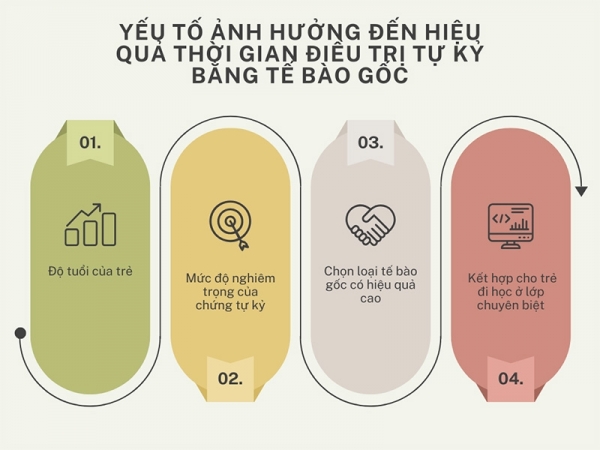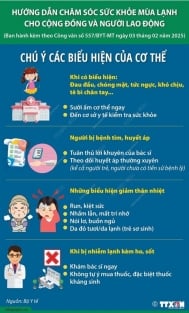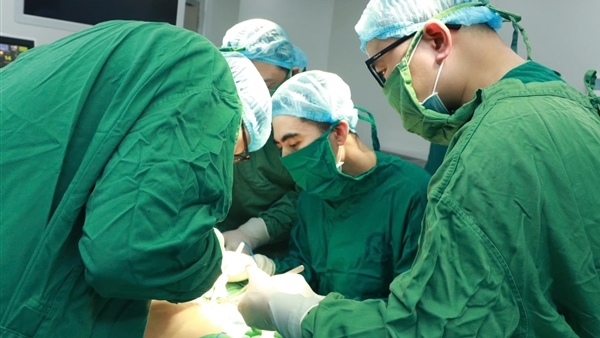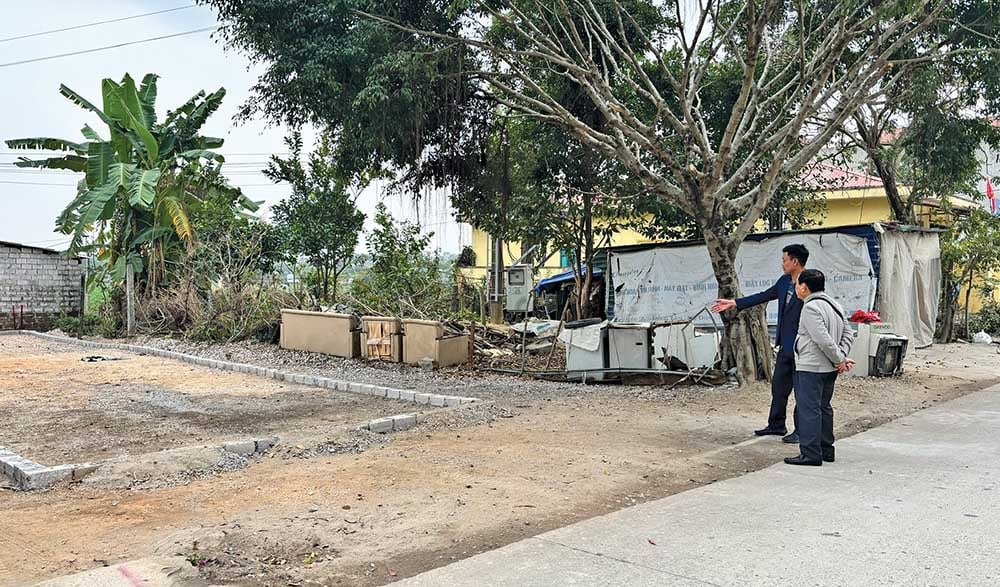Ho Chi Minh City Department of Health recommends that people absolutely not be subjective about the epidemic, people and medical facilities need to strictly implement epidemic prevention measures.
Ho Chi Minh City Department of Health recommends that people absolutely not be subjective about the epidemic, people and medical facilities need to strictly implement epidemic prevention measures.
On February 7, the Ho Chi Minh City Department of Health sent an urgent document to relevant units regarding strengthening the prevention and control of seasonal flu.
 |
According to the Ministry of Health, the event-based surveillance system in Vietnam recorded information about the seasonal flu outbreak in Japan.
Specifically, data released (January 31, 2025) by the National Institute of Infectious Diseases of Japan shows that from September 2, 2024 to January 26, 2025, Japan recorded about 9.5 million cases of seasonal flu. Of which, the last week of 2024 (December 23-29, 2024) recorded more than 317,000 cases.
To proactively implement measures to prevent and combat influenza, especially during favorable weather conditions for respiratory pathogens to spread, the Ho Chi Minh City Department of Health has issued a number of requirements and recommendations to strengthen epidemic prevention work.
According to the request of the Ho Chi Minh City Department of Health, medical facilities in the city need to focus on implementing measures to prevent and control the flu and require people to strictly wear masks when coming to medical examination, treatment, or work at medical facilities.
In addition, the Department of Health also requested to strengthen measures to prevent avian influenza from spreading to humans. The Ho Chi Minh City Center for Disease Control (HCDC) will preside over and coordinate with medical facilities and District Health Centers, Thu Duc City to monitor cases of influenza and suspected severe viral pneumonia (SVP) in the city, in accordance with the instructions of the Ministry of Health.
At the same time, the Department of Health requires strengthening information and communication activities to provide messages to help people proactively implement effective disease prevention measures.
Health Departments need to deploy the content of this document to general clinics and specialized clinics in their management areas. In particular, non-public medical examination and treatment facilities need to report cases or suspected cases of viral pneumonia and influenza to health stations, district and commune health centers, and Thu Duc City to promptly deploy epidemic prevention and control measures.
In Ho Chi Minh City, according to statistics and reports from the Ho Chi Minh City Center for Disease Control (HCDC) and specialized pediatric and infectious disease hospitals, up to now the city has not detected any abnormalities in the reception and treatment of flu patients.
Regarding seasonal flu, according to Dr. Dong Phu Khiem, Deputy Director of the Intensive Care Center, Central Hospital for Tropical Diseases, people should not arbitrarily buy antibiotics or antiviral drugs, and should go to the doctor when there are signs of flu to get early treatment.
Seasonal flu is a disease caused by influenza virus strains (mainly influenza A/H1N1, A/H3N2, influenza B), which regularly circulate in the community and can break out into small epidemics or sometimes large-scale epidemics.
Dr. Khiem said that seasonal flu is usually "low pathogenic" and only causes serious illness in people with high risk factors such as the elderly over 65 years old, young children, pregnant women in the last three months, and people with underlying respiratory, cardiovascular, and immunodeficiency diseases.
“People do not need to panic, but they should not be complacent, especially those at risk of severe flu infection,” Dr. Khiem emphasized.
Symptoms of influenza can easily be confused with other acute respiratory infections. However, early diagnosis and appropriate antiviral medication can prevent the risk of severe illness and even death.
Dr. Khiem recommends that people with underlying medical conditions should pay attention to signs such as fever, sore throat, sneezing, runny nose, and should see a doctor early for flu screening and timely use of antiviral drugs. Delayed diagnosis can lead to expensive and difficult treatment.
Antibiotics: Do not buy and use antibiotics on your own because this medicine is ineffective against flu and can cause unwanted side effects.
Antiviral drugs: Similarly, do not buy antiviral drugs on your own as this can increase the risk of drug resistance, making it difficult to provide the drugs to those who really need them. Antiviral drugs are only effective for people who are at risk of severe flu or when the disease has progressed.
Dr. Khiem recommends annual flu vaccination as the best prevention, especially for the elderly and those with underlying medical conditions such as cardiovascular, respiratory, diabetes, cirrhosis and immunodeficiency.
Dr. Khiem also warned that the sensitivity of the rapid influenza test is relatively low. Therefore, even if the rapid test result is negative, doctors should not ignore the possibility of influenza, especially in patients with symptoms of acute respiratory infection or respiratory failure.
For patients with severe symptoms, more sensitive diagnostic tests such as influenza PCR and MuliPCR should be performed. Using influenza antiviral drugs as soon as possible can help reduce the risk of severe infection.
Seasonal flu can cause dangerous complications such as otitis media, sinusitis, pneumonia, meningitis, sepsis, multiple organ failure, and increase the risk of heart attack and stroke. In particular, flu can make chronic diseases such as asthma and heart failure worse.
In addition, influenza also damages the respiratory tract, creating conditions for other viruses and bacteria to invade and cause secondary infections. A study in the US showed that 90% of deaths in the elderly are due to pneumonia and influenza.
According to WHO, influenza vaccination is the most effective preventive measure. Influenza vaccines have been proven safe and effective and have been used for more than 60 years.
Source: https://baodautu.vn/tphcm-ra-van-ban-khan-ve-phong-chong-dich-cum-mua-d244793.html




























































Comment (0)